
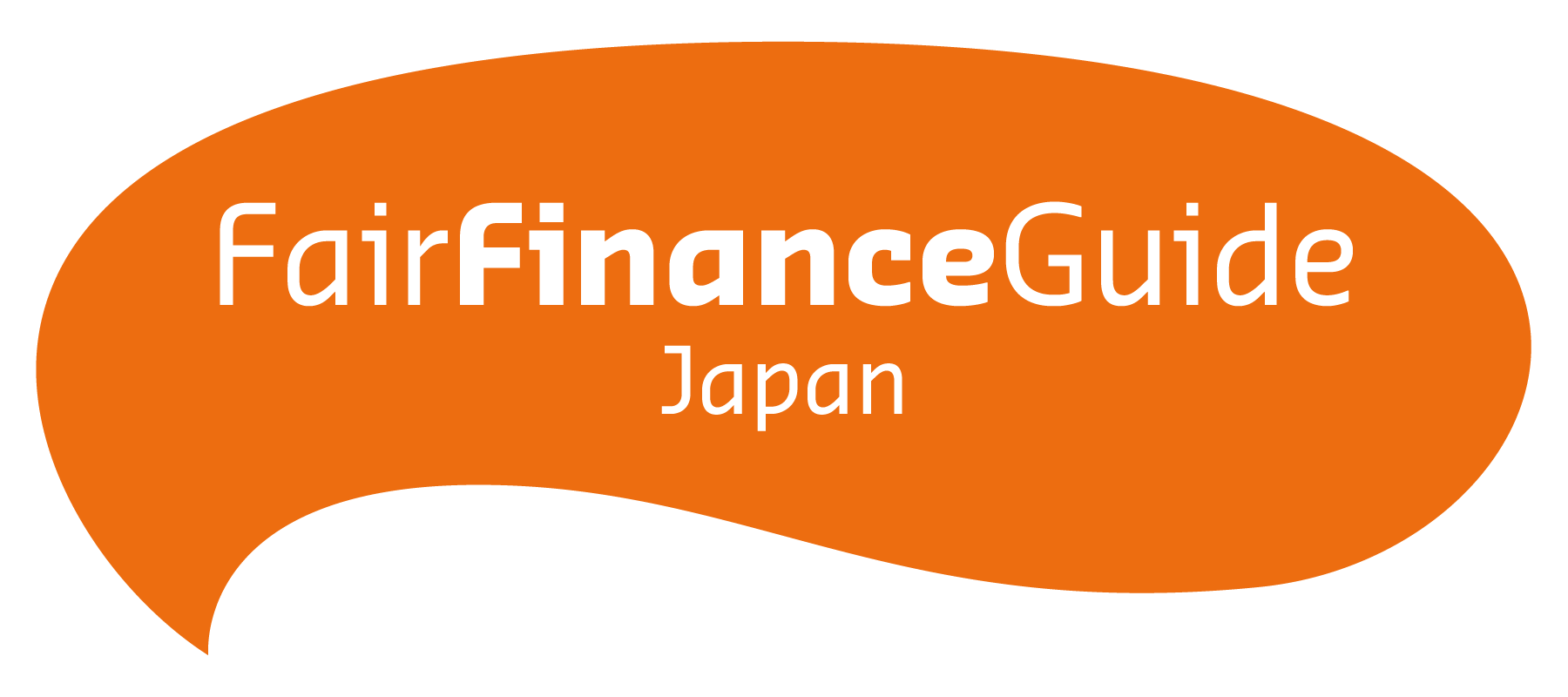
The latest set of policy assessment scores released by Fair Finance Guide Japan, shows that Norinchukin Bank and Dai-ichi Life have maintained their lead by further strengthening their policies.
In this guest blog Moka Yamagata of Fair Finance Guide Japan discusses the new assessment scores and shows the clear success of the “race to the top” approach of the Fair Finance Guide in Japan with greater engagement with Japanese financial institutions and scores continuing an upward trend since the assessments started.
12-2021
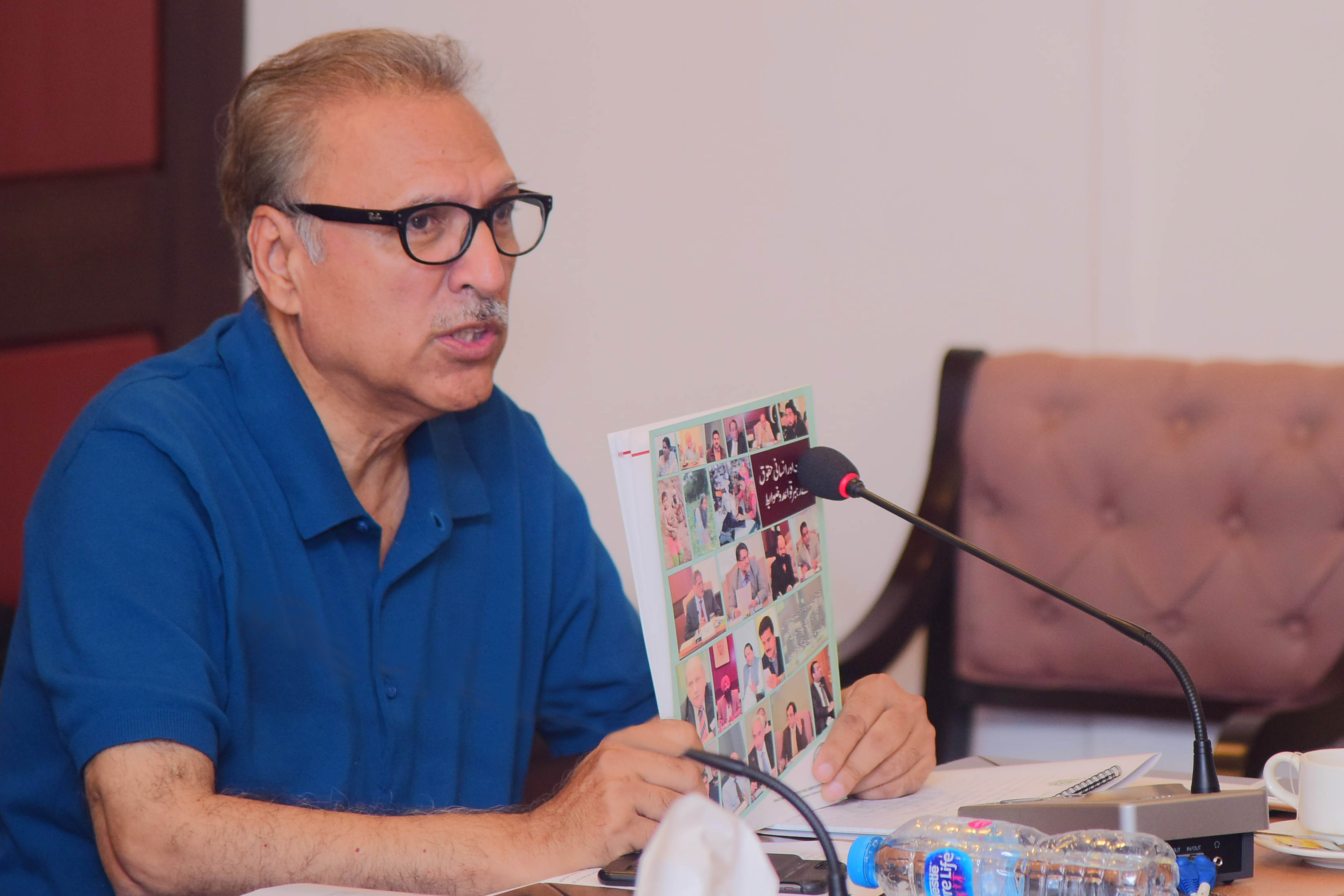
In September 2021, the Government of Pakistan announced the approval of the National Action Plan on Business and Human Rights. Pakistan is now the first country in South Asia to have a National Action Plan aimed at preventing human rights violations resulting from business activity.
In this guest blog, Asim Jaffry, Programme Lead of Fair Finance Pakistan, explores the growth in public-private partnerships across Asia and charts how the National Action Plan came into being.
12-2021
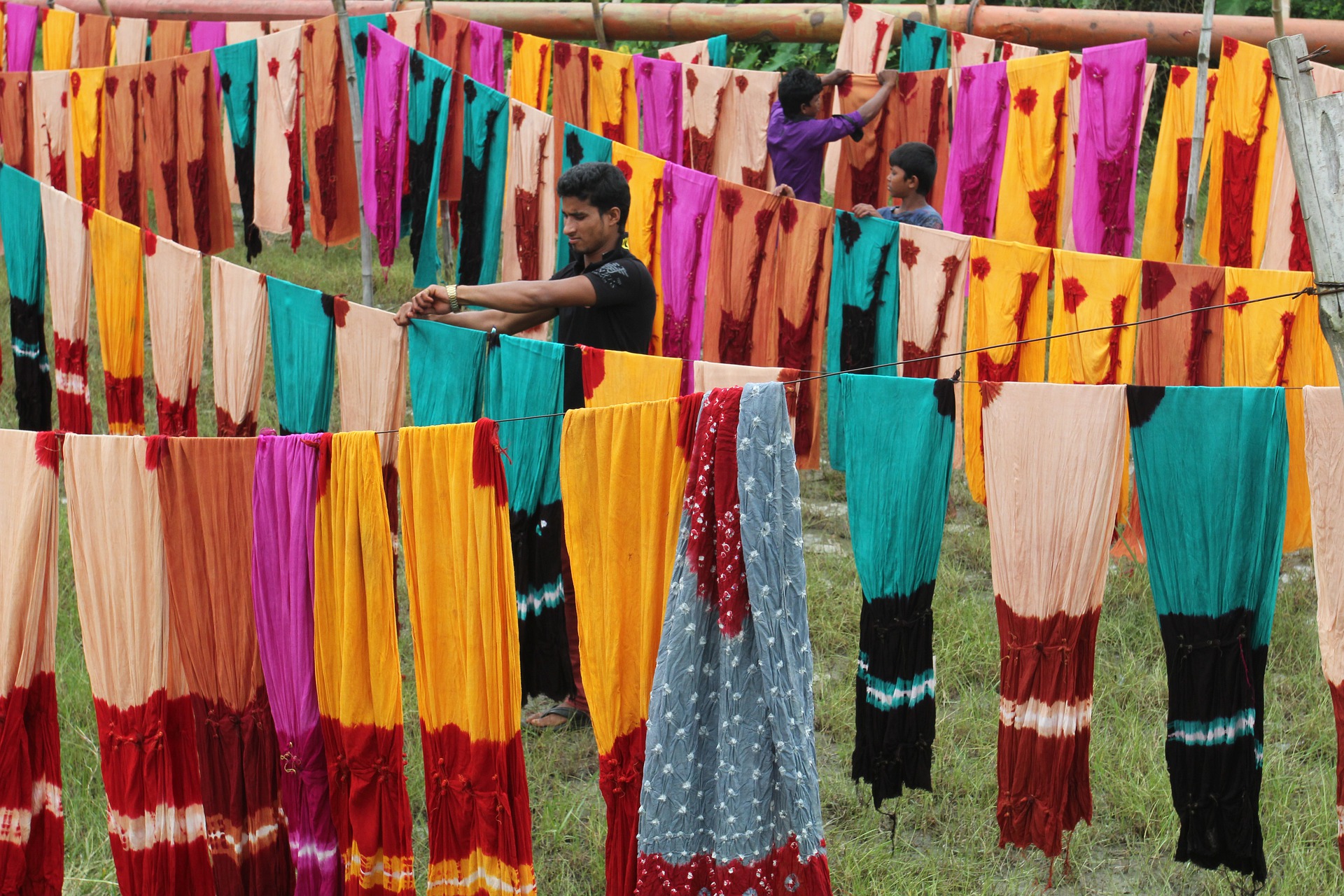
"The corona pandemic has hit textile workers hard. Through its investments in the textile sector, the Norwegian financial industry should have done more to safeguard workers' rights during the pandemic."
In this blog Embla Husby Jørgensen, Policy Advisor with Framtiden i våre presents the findings of their latest report "Crises and Clothing" looking at how Norwegian banks should have done more to protect worker’s rights in this sector and how they can do better in the future.
11-2021

As world leaders gather at the United Nations Climate Change Conference in Glasgow (COP26), plans will be laid out to address climate risks and create a low-carbon economy. Yet even while this plan should be straightforward, huge new fossil fuel exploration and extraction projects are being financed across the world.
In this guest blog Finance Watch calls for one-for-one capital requirements for the financing of new fossil fuels.
11-2021

“Of course, we take this very seriously”, replied the spokesperson for a major Swedish bank when a journalist asked about their investments in a company that once again spilled huge amounts of oil in the Niger Delta, further destroying the livelihoods of local communities.
Personally, I knew that this was nonsense because at this time I was working in the financial industry and had a good insight into the workings of the sector.
Jakob König, Leader of the Fair Finance Guide Sweden illustrates how an engaged civil society really can affect positive change within the financial industry.
11-2021

“I call on financial institutions to take up and, where possible, implement the content and recommendations of the Fair Bank Guide report”.
Following Eerlijke Geldwijzer (Fair Finance Guide Netherlands)’s report from May on the need for a protein transition, two weeks ago Dutch Minister for Agriculture and Food, Carola Schouten fully endorsed it and it's findings. Julia Bakker of World Animal Protection NL discusses the importance of moving to a plant-based diet, and the key role financial institutions can play in accelerating this transition.
10-2021
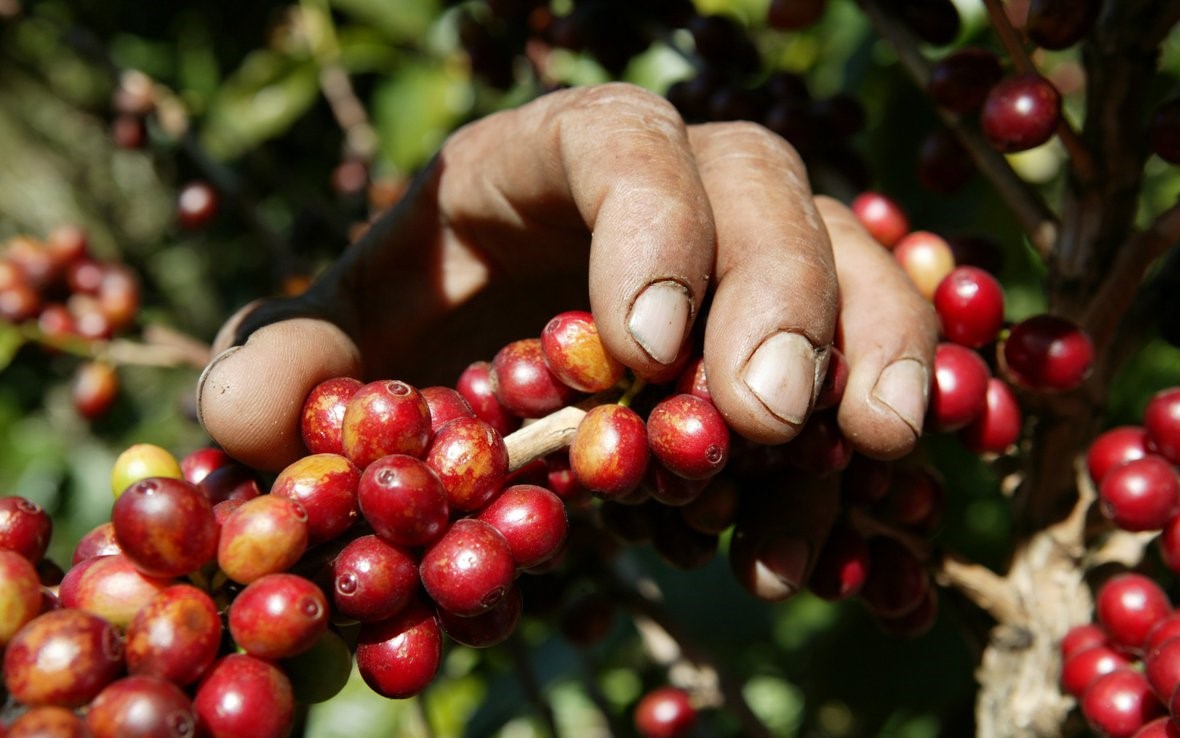
The food sector spans the globe but this global reach brings problems: poor working conditions and low wages, forced labour, child labour, gender inequality, and violation of community rights to land. What’s a responsible investor to do?
Sharmeen Contractor Senior Advisor, Market Systems and Investors with Oxfam America explains why and how investors should engage with human rights.
09-2021
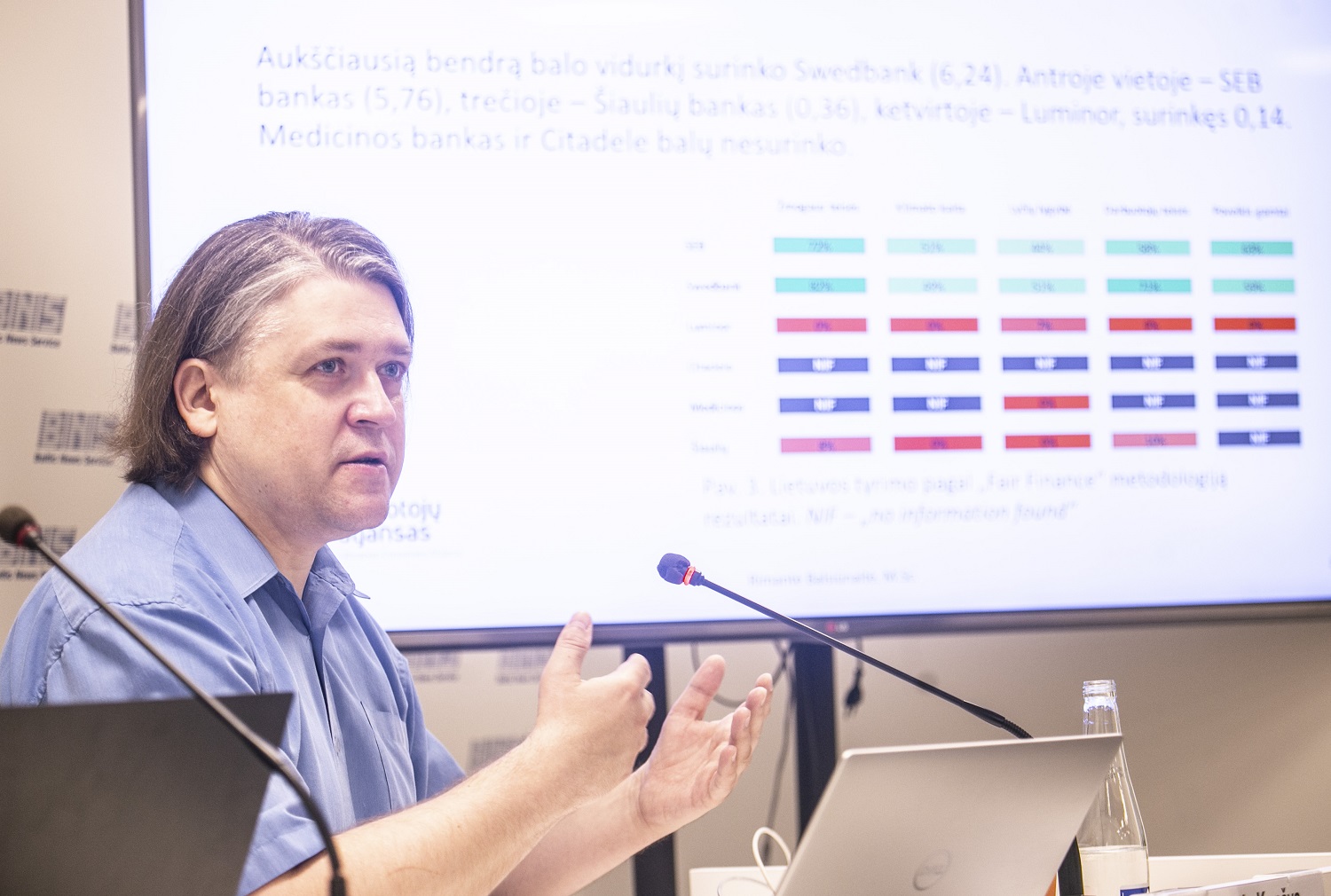
Climate change is speeding up rapidly, and becoming more and more challenging to adapt to or mitigate. The financial sector can facilitate the mitigation or adaptation processes. However, banks worldwide are not necessarily willing to cooperate.

"We could hardly believe what we were hearing. The committee emphasized many of the arguments we have long tried to get across in Parliament."

"NGOs can and want to help banks and investors address companies about their negative impact on people, animals and the planet. Sharing knowledge and looking for good moments to increase pressure makes sense."
In the past year, NGOs asked insurers, pension funds and banks to use their shareholder status to change the harmful behavior of companies they invest in, through meaningful and time-bound dialogues and/or by exerting pressure.
The past year has shown that this kind of shareholder pressure works, as Peter Ras of Fair Finance Netherlands explains with 8 examples from different industries.
06-2021

"Asian financial institutions play a key role in overall economic development by funding diverse projects and sectors, thereby significantly impacting the trajectory of regional growth and recovery."
Based on current trajectory predictions, the Asia Pacific region is on track to achieve just 10 percent of its SDG targets by 2030. Fair Finance Asia's Bernadette Victorio and World Benchmarking Alliance's Namit Agarwal discuss Asia's road to sustainability and the role of the financial sector.
06-2021
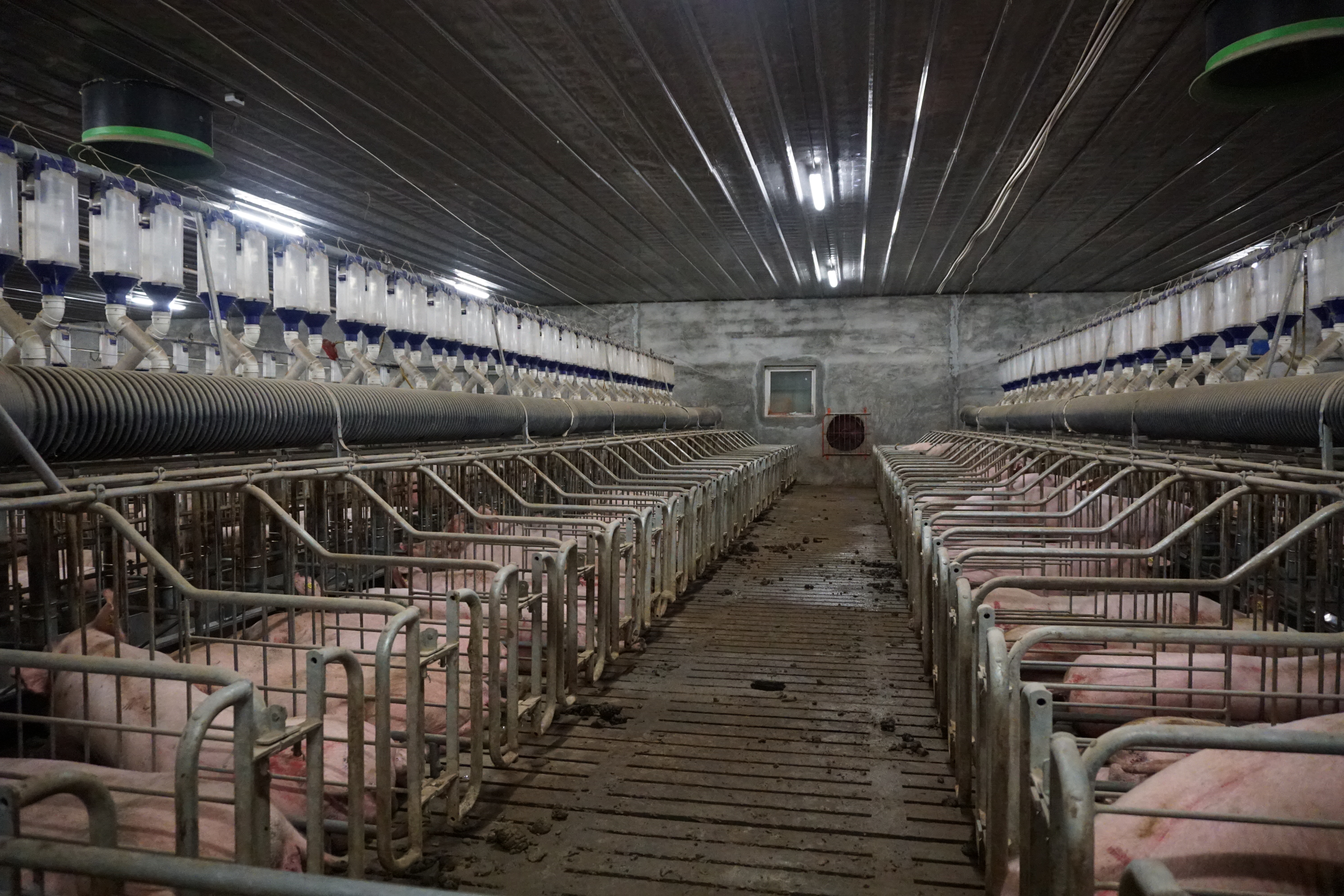
"It is a huge step forward that the Norwegian Parliament has so clearly emphasized that the wellbeing of animals is a fundamental ethical norm to be taken into account when investing government funds.”
The Norwegian Oil Fund is one of the world’s largest asset owners, and a major shareholder in international meat and dairy corporations. Jennifer Black of World Animal Protection writes about the implications of the recent decision by the Norwegian Parliament to recognise violations of animal welfare as justification for exclusion of companies from the fund.
06-2021

"Just like in non-indigenous society, there is a diversity of views, dreams and experiences that must be respected. Don't try to make indigenous people seem less indigenous because they don't fit outdated stereotypes."
Idec, lead partner with Fair Finance Brazil, highlights nine actions that every non-indigenous person can take to help support the cultures of native peoples - from demanding responsible investments from banks, to consuming responsibly, to looking up indigenous histories.
05-2021
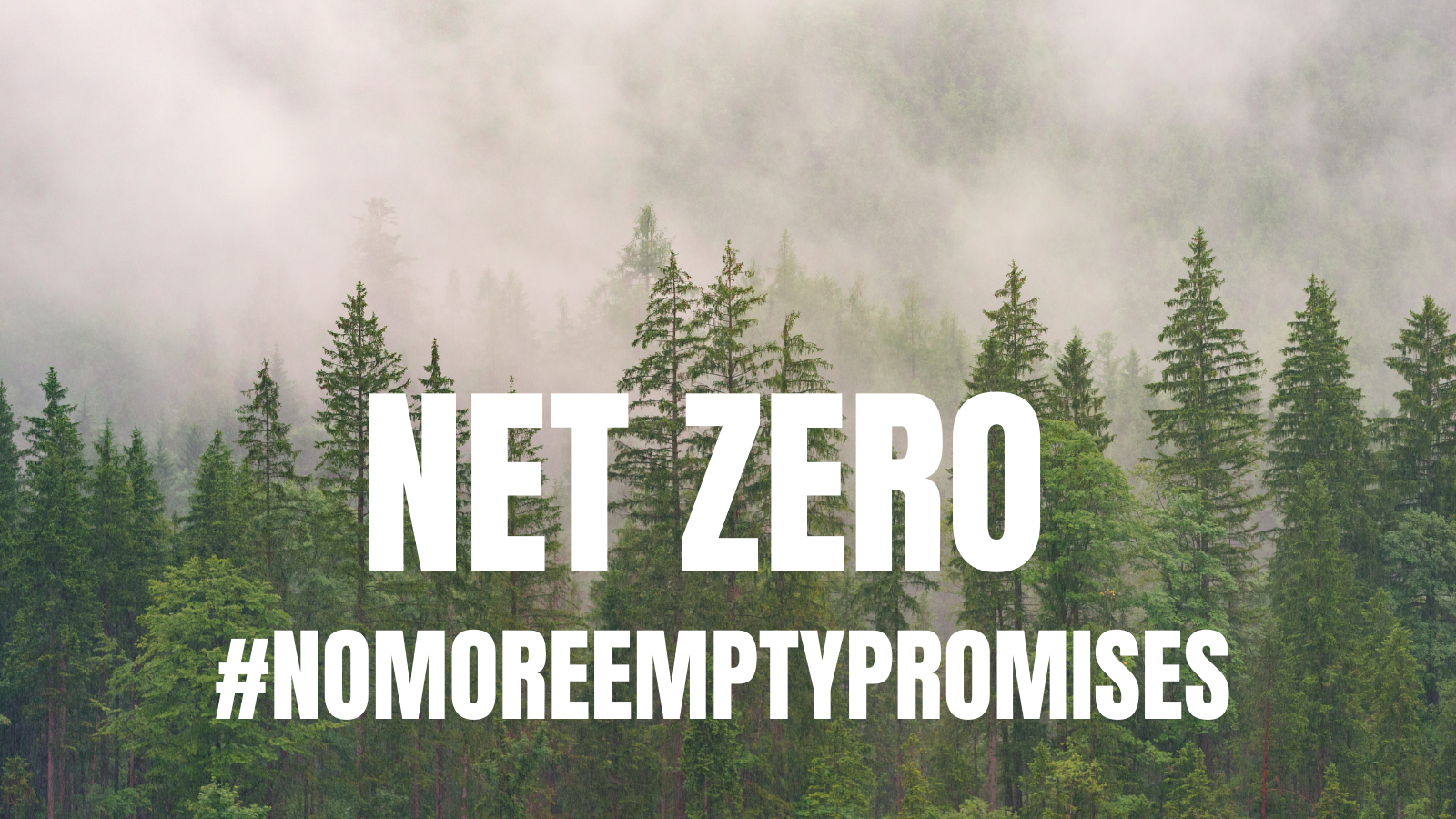
"The flurry of announcements diverts attention from what is actually happening in practice, with an imminent risk of ‘greenwashing’ as big businesses bluff the public in to thinking they are taking meaningful action."
More and more banks and fossil fuel companies are releasing plans to align their financial operations with the Paris Agreement, and announcing ‘Net Zero by 2050’ commitments. Moving to Net Zero will require significant changes in current business practices, and Kees Kodde of Fair Finance International explains this is where the exploitation of loopholes comes in.
03-2021

"Not having policies extending to the entire business supply chains has an adverse impact on the working conditions of women. In a recent case a women worker was murdered after being sexually harassed by her supervisor. The supplier in question did not take any active action against the perpetrator."
Shreya Kaushik of Oxfam India outlines the role of financial institutions in ensuring corporate accountability for women's rights and opportunities in India.
03-2021
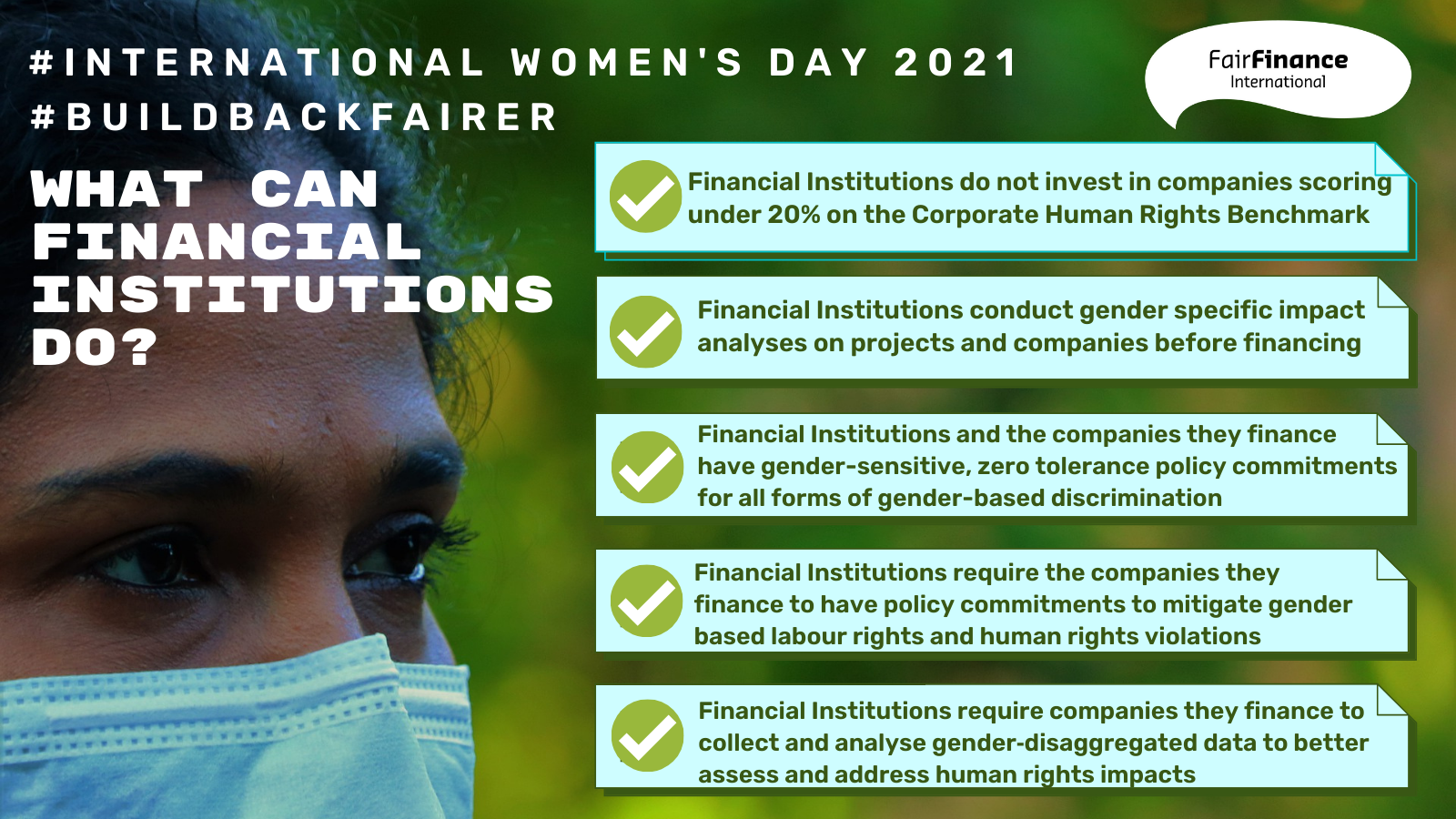
"The Covid 19 pandemic has widened the poverty gap for women. The policies and practices of financial institutions can play a significant role in closing this gender gap. Our research however shows financial institutions still have major gender blind-spots."
International Women’s Day is a day to celebrate the strides taken towards a more gender equal world, but more importantly to spotlight where much more needs to be done. Fair Finance International identifies 5 key recommendations for action by the financial sector.
03-2021

"Every International Women's Day we discuss the lack of opportunities for women, even though it is 50 years since the beginning of the contemporary feminist movement."
Brazilian banks do not recruit women to the majority of senior positions, and financial inclusion of women remains a major challenge. In short Brazilian banks are not doing enough to ensure gender equality, argues Ione Amorin of Fair Finance Guide Brazil.
03-2021

"As voting results are publicly visible, major shareholders need to show their true colours. Their promises of mitigating climate change and respecting social standards must be reflected in their voting behaviour."
With resolutions at annual general meetings, investors have the opportunity to push the business activities of companies to a more ecological and social approach. Richard Buch of Fair Finance Germany explains what an assessment of voting shareholder behaviour in Germany means for climate protection.
03-2021
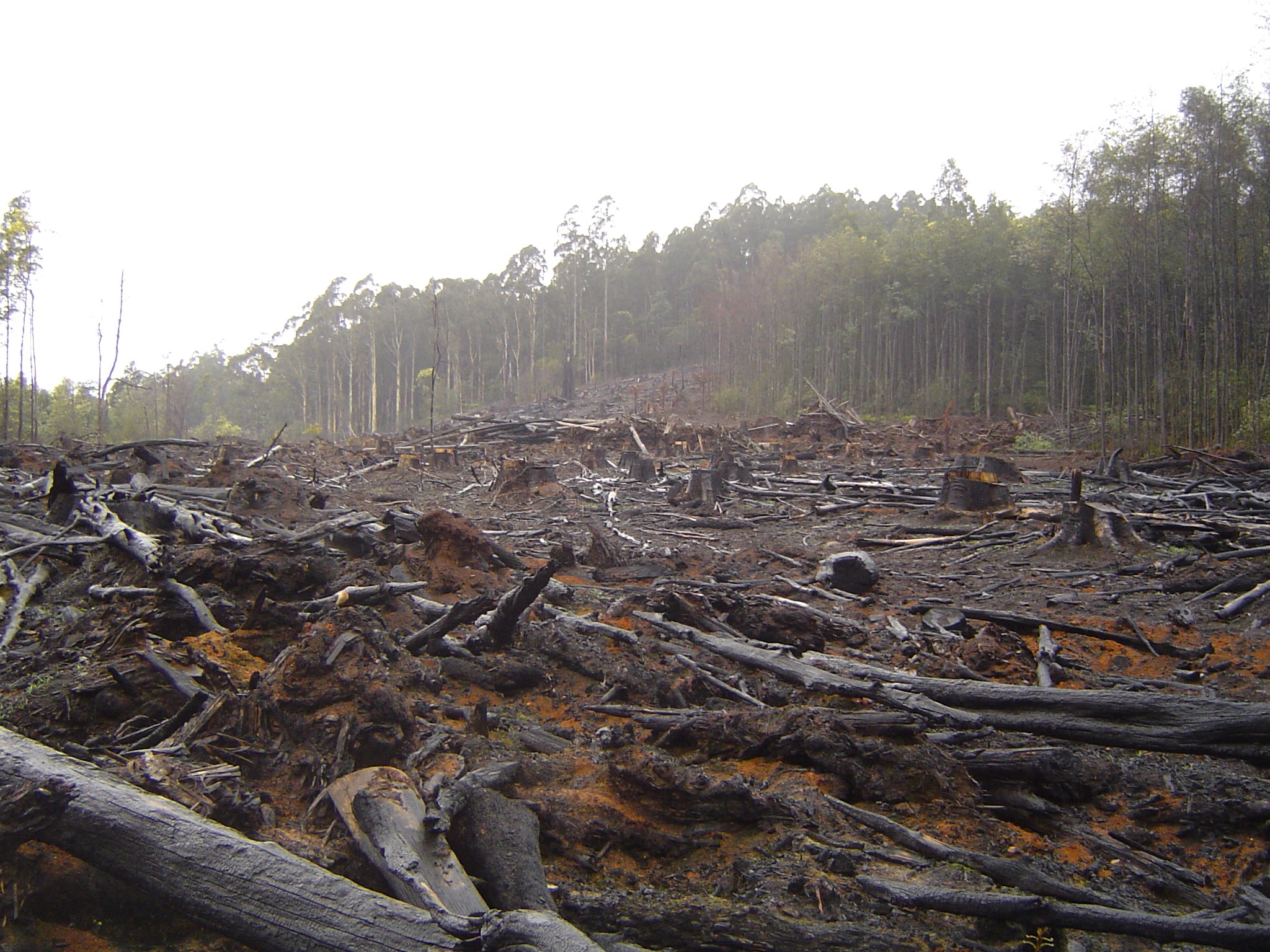
"We arranged a confidential meeting with representatives of banks, insurers, pension funds, where they could hear directly from affected communities and experts."
Following the launch of the Dutch report Funding destruction of the Amazon and Cerrado, there was a highly successful public campaign. But once the news cycle had inevitably moved on, Julia Bakker of Fair Finance Netherlands explains the next step they took to address this issue.
02-2021